Coupling of FEM and FVM Codes for Optimal Control
Please login to view abstract download link
The primary goal of optimal control problems in engineering is to solve inverse problems by optimizing a system’s input data to achieve a specific objective. However, due to their complexity, optimal control functionalities are often absent from standard simulation codes. Facilitating access to the optimal control approach can lead to significant advancements and more precise methodologies in engineering research and system development. The main purpose of this work is to solve inverse problems using well-validated computational codes that do not natively support optimal control functionality. Specifically, the work focuses on coupling the in-house FEMuS code with the OpenFOAM software. FEMuS is responsible for control optimization, while OpenFOAM solves the physical system. The open-source libraries MED and MEDCOUPLING enable the integration of these codes, which facilitates optimized data exchange between the two software packages. As proof of concept, we present a heat transfer application with different control mechanisms such as distributed, and boundary control. For each of these, different data transfer techniques are performed, and results with different regularization methods are compared. The optimization problem is formulated using the Lagrange multipliers technique and the optimal control problem is solved iteratively within this coupled framework. Various minimization techniques are explored to enhance performance and accuracy.

